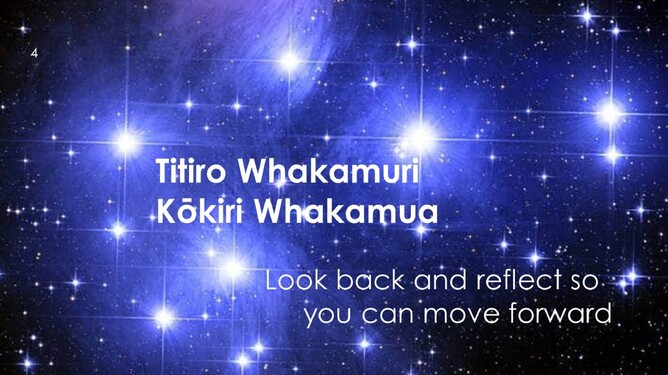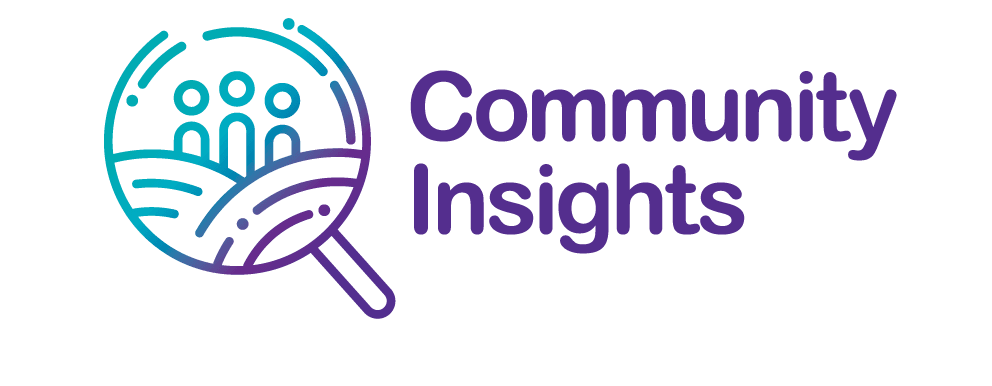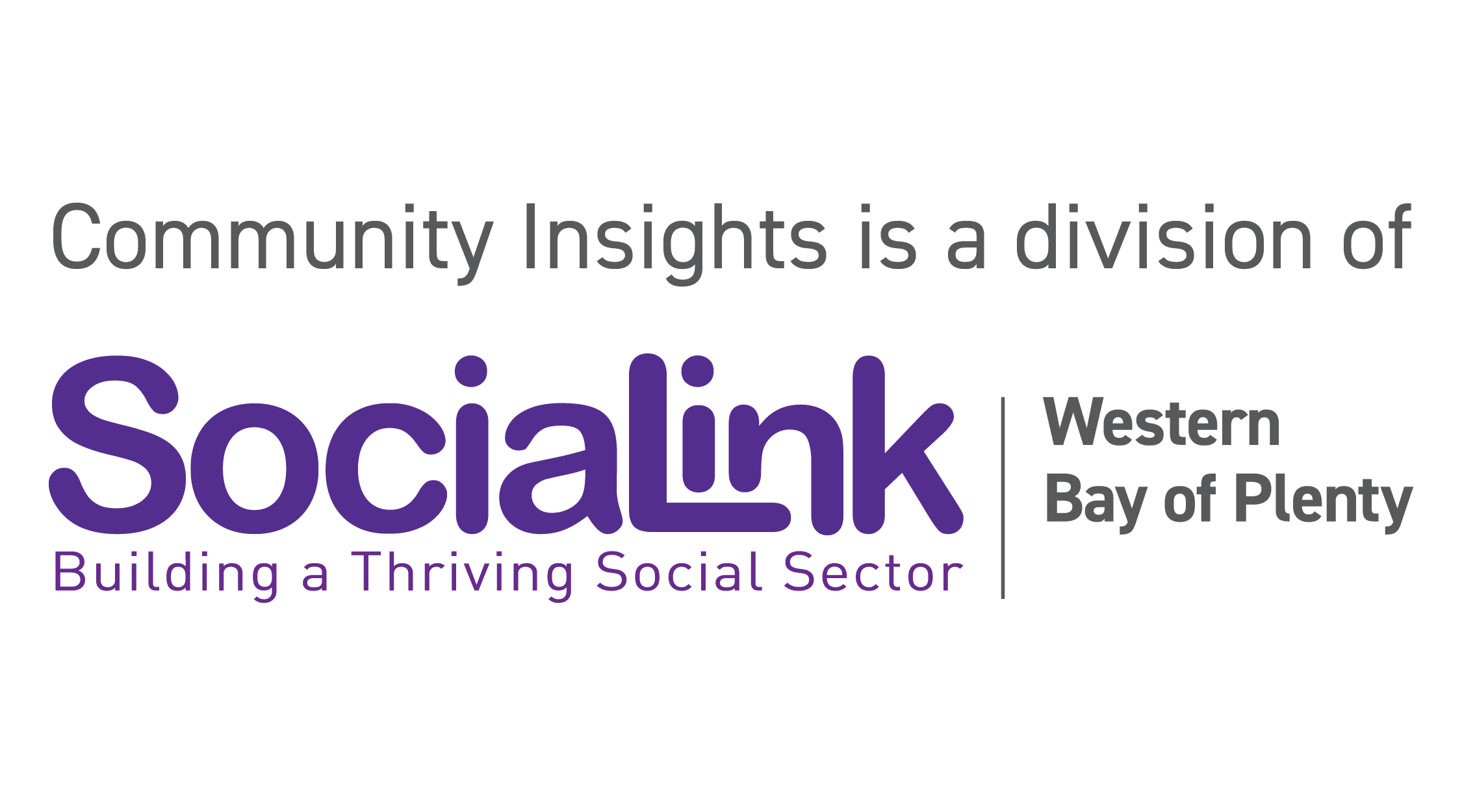Are you, like us, looking forward to Aotearoa’s new Matariki holiday (on Friday 24 June)? The stars of Matariki will reappear in the morning skies of Tauranga Moana at the end of this week, signalling the start of an important time in the traditional Māori calendar. This reappearance of the Pleiades star cluster, is known to Māori as Matariki (Ngā mata o te ariki o Tāwhirimātea, or "the eyes of the god Tāwhirimātea").
For Māori, who thrived through interdependence with the whenua (land), the seasons and the elements, Matariki signalled the change of seasons, the period when crops had been harvested and stored, when as the days shortened, thoughts returned to those who were no longer present; to reflect upon what had been achieved over the year and to plan for the year to come. A time to mourn those who had passed away since the previous rise of Matariki, to celebrate the present and to prepare the ground for the coming year.
In the community and social sector we have our own mechanisms for reflection and planning at the end of our year. Managers and Boards of charitable organisations have well-worn marks in their calendars (linked to the organisation’s financial end of year date) for the formal process of annual reporting on their finances and performance over the previous twelve months. After financial accounts have been closed off, formal processes of review and audit get underway, finished off with a formal report back to stakeholders and members through presentation of an Annual Report at an Annual General Meeting (usually taking place within six months of the close of the financial year).
Since the change to reporting requirements for registered charities in 2015, organisations now have to report under a new set of standards, which requires information about organisations to be presented in a prescribed way. A performance report, (incorporating both financial and non-financial reporting) is now required for all charities earning under $2m.
For all of us in management or governance positions annual reporting is an unavoidable annual task. For some, it is an activity approached with a certain level of dread - another compliance requirement that takes us away from direct delivery of services.
Over the years I have had involvement with a number of charitable groups and consequently have experience in the cycle of annual reporting. I used to be in the “dread it” camp. Working out how to construct the annual report, meant looking at what had been done previously and replicating this. It usually involved putting together some numbers to represent what had been delivered, with fingers crossed behind my back, hoping no-one looked too closely, as the actuals were sometimes hard to quantify, or inevitably there were gaps in the formal information at hand. Always, the process involved detailing the achievements during the previous twelve months, changes in personnel, where monies had been received and spent, acknowledging changes in the operating environment that may have influenced outcomes, and signalling any changes in direction for the coming year. The annual reporting process was often laborious, frustrating and a little bit scary.
Over the last year Community Insights (with support from William Buck Accounting), has been delivering workshops on Annual Reporting. We were keen that groups see Annual Reporting as a valuable opportunity to tell their story rather than something to dread. The annual reporting process can instead be a chance to thoughtfully review the year – to celebrate successes and to reflect on how, over the previous 12 months, the organisation has progressed its vision through the programmes and services it has delivered. Better annual reporting, can position us ready to start another year, stronger for having a good understanding of what’s worked and what hasn’t, in pursuit of our mission.
Underpinning successful reporting is good data. Data that is consistently collected and collated throughout the year. Data that is meaningful to you and your stakeholders, and clearly linked to your mission/vision/moemoeā – what you are trying to achieve. Good annual reporting isn’t possible unless there are clear and reliable processes for data capture, storage and reporting implemented throughout the year.
Here at Community Insights we are committed to supporting community organisations to find and utilise good data. We can help to review and rationalise the data you are collecting, to ensure any data collected is purposeful - linked to the outcomes you are seeking - makes sense to your communities of interest, and helps to tell a compelling story about the work you do and the impact you are making.
Community Insights can help with finding the best systems to collate your data (if you don’t currently have something in place) and have tools and personnel to help you explore, report and visualise the information you have collected, in easier, and accessible ways. You don’t have to be a statistics expert – we have expertise and tools to help.
So this Matariki, “Titiro whakamuri, kōkiri whakamua” (Look back and reflect so you can move forward). And if Community Insights can help your organisation to look back with greater certainty and clarity, get in touch.
By Liz Flaherty, CI Manager






